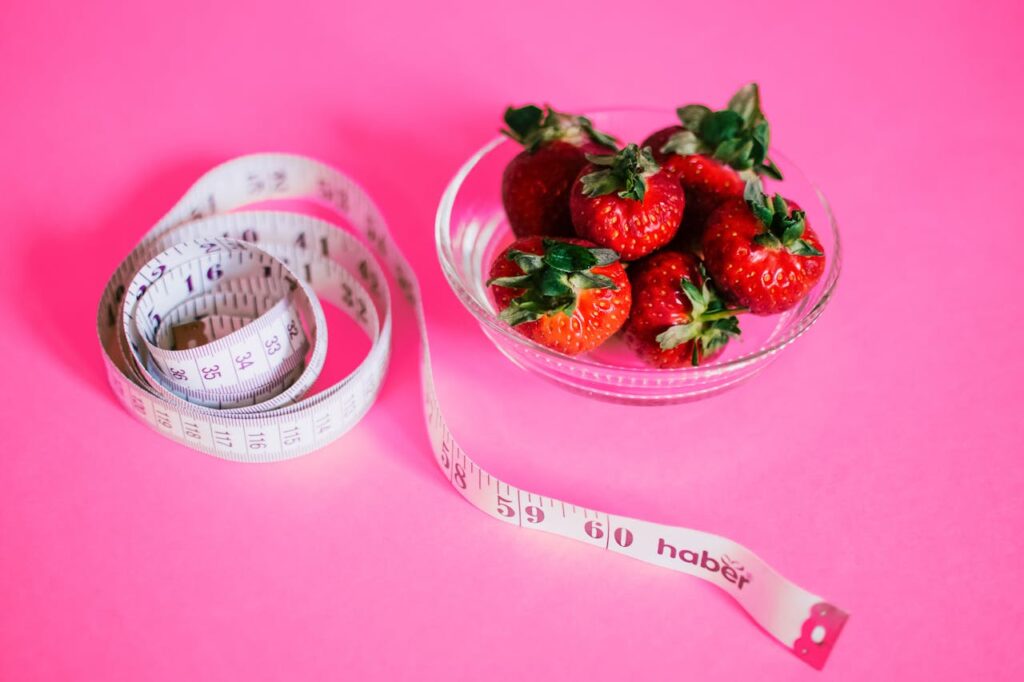Contact Us: (901) 675-6125

For women over 40, achieving and maintaining a healthy weight can be challenging, especially with the natural metabolic slowdown that comes with aging. GLP-1 medications, such as Ozempic® and Wegovy®, have become valuable tools in the weight loss journey by regulating appetite and blood sugar levels. However, these medications are most effective when paired with a balanced diet tailored to your unique needs. In this post, we’ll explore how to optimize your nutrition while on GLP-1 medications, ensuring you fuel your journey to wellness effectively.
Understanding GLP-1 Medications and Their Role in Weight Loss
GLP-1 medications work by mimicking the action of the GLP-1 hormone, which is naturally produced in the gut. This hormone helps regulate blood sugar levels, slows down the emptying of the stomach, and reduces appetite, making it easier to eat less and lose weight. While these medications can be incredibly effective, they are not a magic bullet. Success with GLP-1 medications depends on a comprehensive approach that includes a balanced diet, regular exercise, and mindful eating.
Why Nutrition Matters on GLP-1 Medications
When taking GLP-1 medications, it’s important to pay attention to your diet to maximize the benefits of the medication and ensure you’re meeting your nutritional needs. As these medications can reduce appetite, some women may find it challenging to get enough nutrients from their diet. Additionally, because GLP-1 medications slow gastric emptying, they can cause gastrointestinal side effects like nausea or bloating, especially if large or heavy meals are consumed. The key is to focus on nutrient-dense foods that provide essential vitamins and minerals while supporting your weight loss goals.
Nutritional Tips for Women Over 40 on GLP-1 Medications
1. Prioritize Protein: Protein is crucial for preserving muscle mass, especially as we age. It also helps keep you feeling full and satisfied, which can be particularly beneficial when your appetite is reduced by GLP-1 medications. Include a source of lean protein with every meal, such as chicken, fish, tofu, eggs, or legumes. Aim for at least 20-30 grams of protein per meal to support muscle maintenance and overall health.
2. Incorporate Healthy Fats: Healthy fats are essential for hormone production, brain health, and overall well-being. They also help you feel satisfied after meals. Include sources of healthy fats in your diet, such as avocados, nuts, seeds, olive oil, and fatty fish, like salmon. However, be mindful of portion sizes, as fats are calorie-dense and can contribute to weight gain if consumed in excess.
3. Focus on Fiber: Fiber is important for digestive health and can help prevent the constipation that some women experience on GLP-1 medications. Fiber also adds bulk to your meals, helping you feel full longer. Incorporate a variety of high-fiber foods into your diet, such as vegetables, fruits, whole grains, and legumes. Aim for at least 25-30 grams of fiber per day.
4. Choose Smaller, Frequent Meals: Since GLP-1 medications slow down stomach emptying, eating smaller, more frequent meals can help prevent discomfort and keep your energy levels stable. Choose nutrient-dense snacks like Greek yogurt, a handful of nuts, or sliced veggies with hummus to keep you satisfied between meals.
5. Stay Hydrated: Hydration is key to overall health and can help manage some of the side effects of GLP-1 medications, such as nausea. Drink plenty of water throughout the day and consider herbal teas or infused water for added flavor. Staying hydrated also helps support digestion and can aid in weight loss.
6. Practice Mindful Eating: Mindful eating involves paying full attention to the experience of eating—savoring each bite, eating slowly, and listening to your body’s hunger and fullness cues. This practice can be especially beneficial for women on GLP-1 medications, as it helps you make more conscious food choices and avoid overeating, despite reduced hunger signals.
7. Monitor Micronutrient Intake: As your appetite decreases, it’s important to ensure you’re getting enough essential vitamins and minerals. Consider taking a multivitamin or specific supplements, such as vitamin D, calcium, or magnesium, to fill any gaps in your diet. Always consult with a healthcare provider before starting any new supplements.
How Ample Health and Wellness Can Help
At Ample Health and Wellness, we understand the unique challenges that women over 40 face when trying to lose weight and maintain a healthy lifestyle. Our holistic wellness coaching offers personalized nutrition guidance tailored to your needs, helping you make the most of your weight loss journey with GLP-1 medications. Whether you’re looking for meal planning support, mindfulness strategies, or exercise recommendations, our team is here to support you every step of the way.
Join our weekly newsletter for more tips, expert advice, and wellness insights straight to your inbox. Let’s fuel your journey to a healthier, more vibrant life together.

About the Author: Dr. Kisha Pickford, DNP, is a board-certified nurse practitioner and holistic nutrition weight loss coach at Ample Health & Wellness. She helps women over 40 achieve sustainable weight loss and whole-body wellness through holistic, evidence-based coaching.
📚 References:
- 1. National Institute of Diabetes and Digestive and Kidney Diseases. (2023). “Weight Management: Eating for Health.” https://www.niddk.nih.gov
- 2. American Heart Association. (2022). “The Importance of Healthy Eating as We Age.” https://www.heart.org
- 3. Mayo Clinic. (2023). “GLP-1 Medications: What You Need to Know.” https://www.mayoclinic.org
